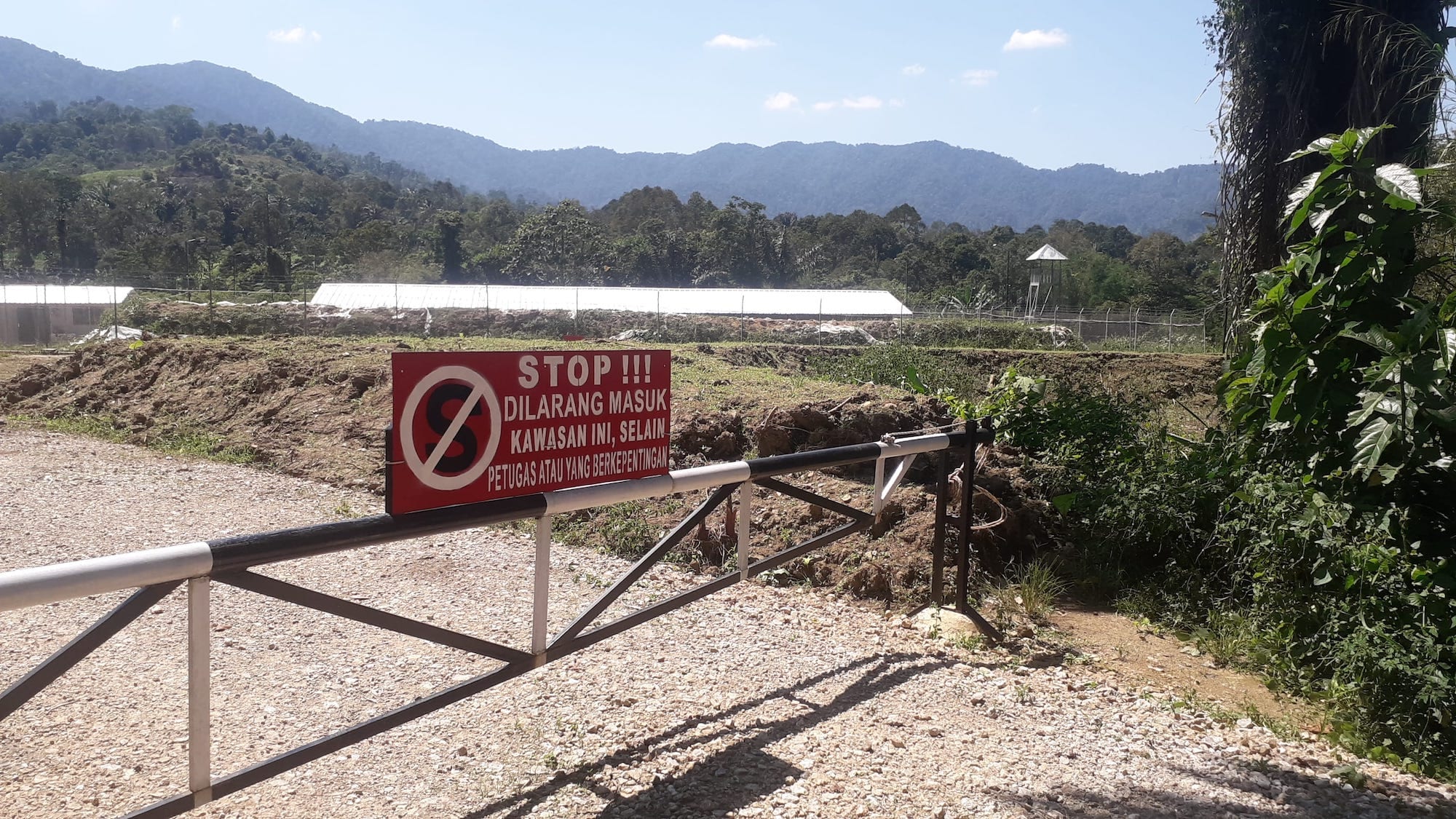(Medan, Indonesia) The independent accountability office of the International Finance Corporation (IFC), a World Bank Group member, will assess the bank’s compliance with its environmental and social policies in connection with its ties to a controversial mining project in North Sumatra, Indonesia, according to a new report from the Compliance Advisor Ombudsman. The proposed Dairi Prima Mineral zinc and lead mine, located in one of the most earthquake-prone regions in the world, would pose a serious threat to human safety and the environment according to experts, and local human rights defenders have been fighting to stop the project for years.
“The DPM mine is a disaster waiting to happen,” said Mr. Tongam Panggabean, Director of BAKUMSU, a legal group in North Sumatra that is acting as legal representative for the affected communities. “We will do everything in our power to stop it.”
A 2019 analysis by Inclusive Development International found that the IFC has financial links to the planned mine through its $300 million equity investment in Postal Savings Bank of China, which has provided loans to the project developer. Based on this link, local communities filed a complaint with the Ombudsman. This month, after conducting an initial assessment to determine whether the parties could address the communities’ concerns through mediation, the CAO announced that it would transfer the complaint to its Compliance department to conduct an appraisal.
“No responsible investor or manufacturer should have anything to do with this dangerous project,” said David Pred, Executive Director of Inclusive Development International. “We hope that the outcomes of this assessment will make it clear to the developers and the Indonesian government that this mine should not be built.”
As part of its initial assessment process, the CAO consulted with relevant parties to determine whether the issues could be resolved through mediated dialogue. However, Dairi Prima Mineral failed to respond to multiple requests for comment and declined to engage in dialogue with affected communities, precluding any such mediation process and necessitating the CAO’s compliance appraisal.
“The company has acted deplorably at every stage,” said Mr. Panggabean. “They failed to adequately consult with local communities from the beginning, they have since refused to engage with our concerns, and they moved forward with construction despite clear risks and without necessary government approvals or environmental protections.”
The project poses alarming risks
The Dairi mine would pose alarming risks, according to the complaint filed by surrounding communities, who want to see the project abandoned. Their fears are well-founded. Independent technical expert, Richard Meehan, with 50 years’ experience in dam stability in earthquake zones, assessed the project’s risks. He has expressed major concerns about a tailings dam the company plans for storing waste from mining operations. He suggests a collapse is almost certain at some point in the future. According to Meehan and another expert on lead-zinc mine environmental issues, Dr. Steven Emerman, such a collapse would likely lead to widespread deaths in surrounding communities and long-term environmental destruction down a major stream system.
Emerman also reported that the proposed dam was under-designed. When the dam was complete and full, water likely high in heavy metals would flow, untreated, into waterways used as water supplies for a number of villages. He described this as “unacceptable by any standards.”
People living near the mine are infuriated. “The developer wouldn’t even be allowed to build this dam in China where the company is headquartered because it is located too close to human settlements,” said Ms. Saudur Sitorus who lives in Bonian village in the vicinity of the future mine site. “But they’re building it here even though they and we know the mine is almost certain to poison if not kill us.”
No approval from the Indonesian government
The government ministry responsible for environmental approval is still considering an Addendum to the original Environmental Impact Assessment (EIA) for the DPM mine, which was required following changes to the planned tailings dam design and location. Without this environmental approval, the project cannot lawfully proceed. However, the company has already initiated construction of the tailings storage facility.
“We have said we don’t want this mine. We sent petitions against it. The company is dishonest and not divulging information about the risks we know are present,” said Mr. Barisman Hasugian from Sub-village 3 of Bonkaras Village “we don’t want our government to approve this mine.”
A role for international car companies
The Dairi mine would almost certainly be a key supplier of zinc to car manufacturers globally, who use the mineral in production. That means if major car brands publicly stated that they would refuse to source parts that are made with zinc from the mine, it would make the project much less viable and could help prevent it from moving forward. “We also call on car manufacturers to help prevent a disaster in the making by letting it be known that no-one wants to buy zinc from this mine,” said Pred.
“We call on all investors to avoid supporting this project. We call on the Indonesian government to terminate the mine. We implore car manufacturers to steer clear of any company involved in this mine,” said Panggabean.


